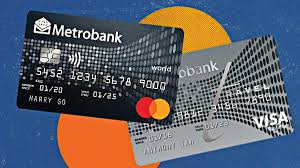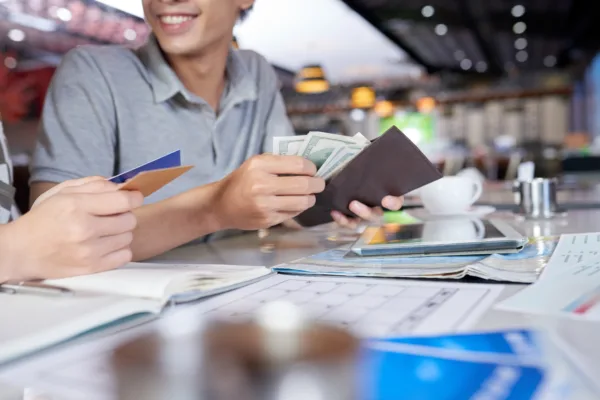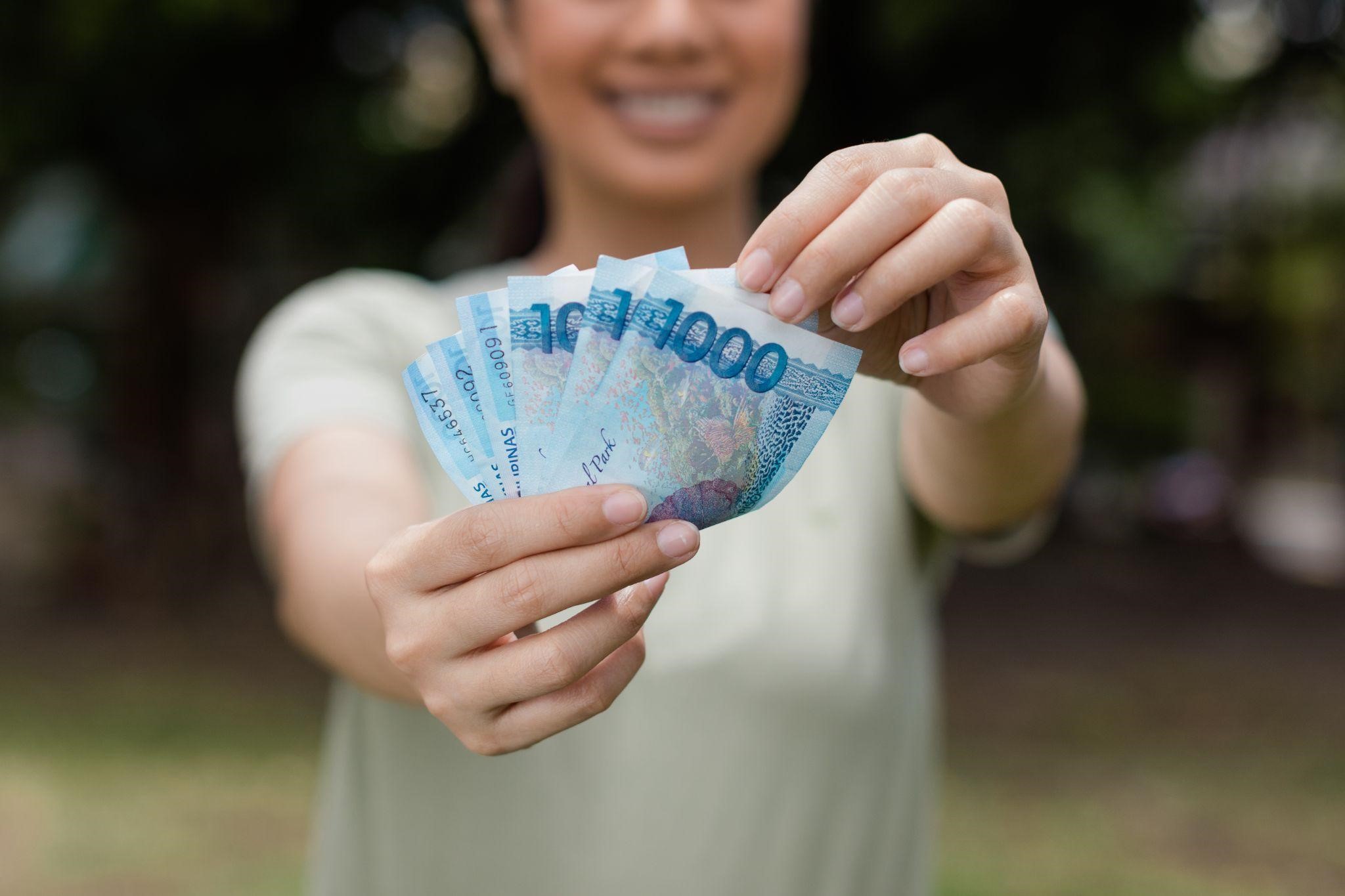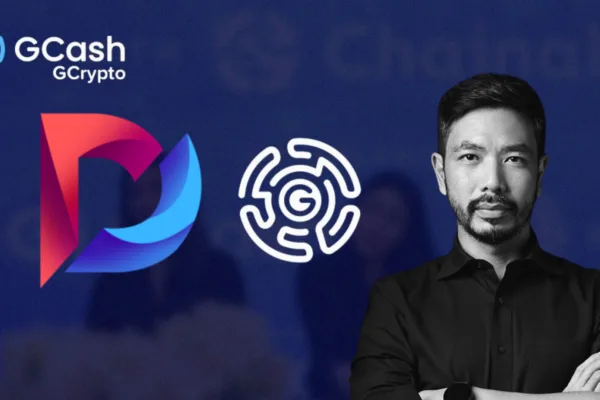By Edielyn Mangol, Reporter
The Philippines is preparing for another leap in its digital payments journey. Global payments giant Visa has announced a program to equip local banks with the infrastructure needed to fully support Apple Pay, Google Pay, and Samsung Pay, bringing the country closer to global standards in device-based, tokenized transactions.
In a nation where mobile wallets like GCash and Maya already dominate everyday life, the expansion into tokenized, device-based payments represents more than just a technical shift. It could reshape how Filipinos pay, shop, and engage with the digital economy — provided banks, merchants, regulators, and consumers all align to make it work.
Visa’s plan: A roadmap for Philippine banks
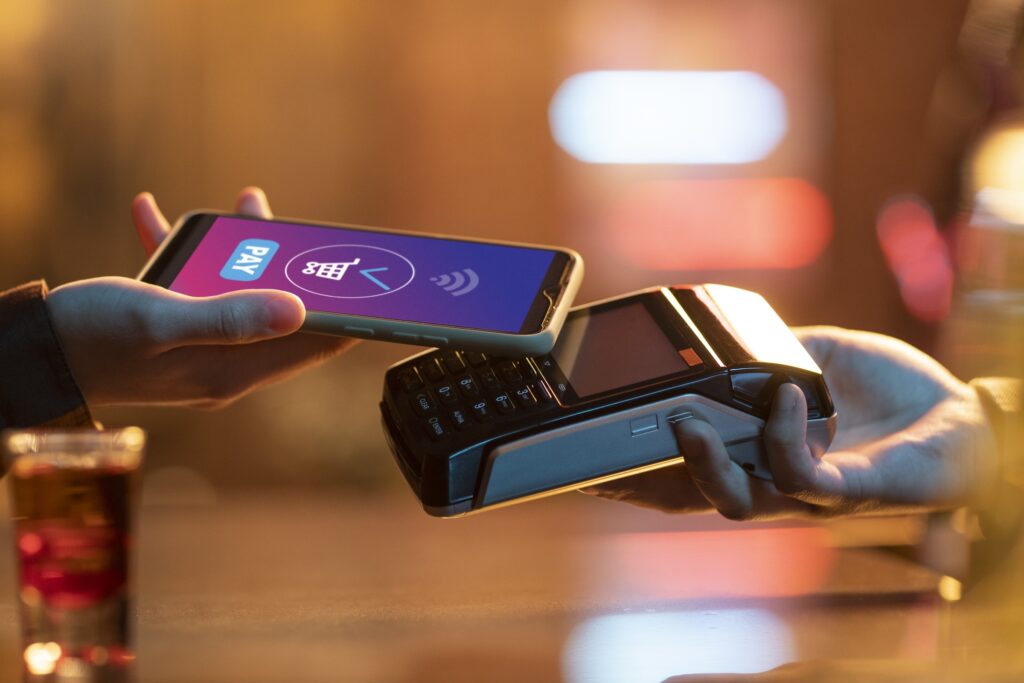
Visa’s initiative will allow Philippine banks to certify their cards for seamless integration into leading mobile wallet platforms. This means cardholders can soon add their Visa credit or debit cards directly to their smartphones and pay with a tap — no physical card required.
The technology hinges on tokenization, where sensitive card numbers are replaced with cryptographic “tokens.” This reduces fraud risk by ensuring that actual card details are never exposed during transactions. Combined with biometric authentication (fingerprint or facial recognition), this promises heightened security for both consumers and merchants.
For banks, the implications go beyond security. Supporting device-based wallets signals modernization, strengthens customer loyalty, and enhances competitiveness in a digital-first market. With Visa’s backing, banks can reduce compliance burdens, accelerate time to market, and tap into the expectations of younger, tech-savvy customers who are already familiar with such services abroad.
Barriers to adoption: The roadblocks ahead

While the potential is significant, adoption will not be immediate.
Several challenges remain, and they are as follows:
- Bank readiness: Larger commercial banks may have the infrastructure to adopt tokenization quickly, but smaller banks could struggle with the costs of IT upgrades and compliance.
- Merchant acceptance: NFC-enabled terminals are far from universal. While malls and major retailers are prepared, a large share of NFC payment transactions in sari-sari stores and provincial markets still rely on cash, QR codes, or older POS systems. Merchant education, hardware rollout, and incentives will be critical.
- Consumer behavior: Filipinos already rely heavily on e-wallets like GCash and Maya. Convincing them to shift to or complement these with card-based mobile wallets will require strong incentives — cashback, discounts, or exclusive rewards. Consumers must feel assured about security, ease of use, and whether incentives offset perceived effort to switch.
- Regulatory oversight: The Bangko Sentral ng Pilipinas (BSP) must ensure consumer protection, interoperability, and alignment with data privacy standards, particularly for cross-border transactions.
Without coordinated efforts across these areas, even the most sophisticated wallet infrastructure may fail to gain traction.
What consumers, merchants, and banks stand to gain
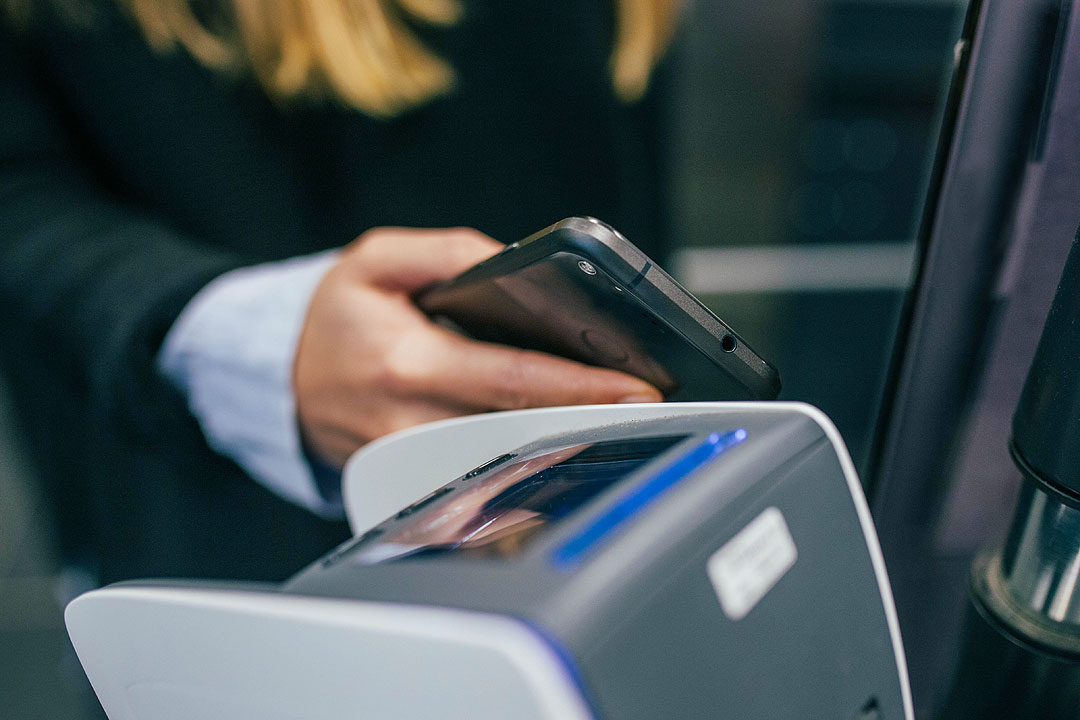
For consumers, the benefits are clear. Device-based wallets mean carrying fewer physical cards, faster checkouts, and improved security through tokenization. Interoperability across devices and merchants can also simplify payment habits. If paired with attractive rewards, adoption could accelerate.
For merchants, especially large retailers and e-commerce players, the shift could streamline operations. Faster checkouts mean shorter queues, while reduced card-not-present risks could lower fraud costs online. For smaller businesses, however, upgrading terminals and educating staff will be critical hurdles. Industry-wide incentives or government subsidies may be needed to ensure inclusivity.
For banks and the payments sector, early adoption could reshape competition. Those that embrace mobile wallets first may see higher card usage, stronger engagement, and access to valuable consumer data. Collaborations with fintechs and payment aggregators could also unlock new services, from embedded finance to loyalty programs.
Beyond implementation
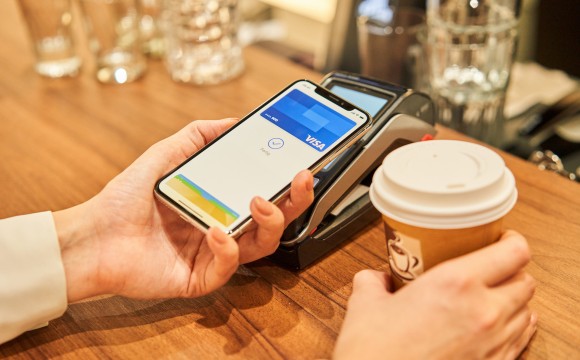
The Philippines has already seen explosive growth in digital payments, from QR Ph adoption to the rise of GCash and Maya. Visa’s move could be the next step in this evolution — positioning banks and merchants to offer the same seamless, tokenized experiences that consumers in advanced markets already enjoy.
To make this vision a reality, however, collective action will be key. Pilot programs in Metro Manila and Cebu could test adoption, while public education campaigns may build consumer trust in the new systems. Merchant incentives, interoperability agreements, and strong regulatory frameworks will all play critical roles.
Visa’s push is more than a technical upgrade. It represents a defining moment in how Filipinos will engage with the digital economy. If executed well, the shift could elevate the country’s payments landscape from QR-driven convenience to globally integrated, tokenized security — a leap that promises benefits for consumers, merchants, and banks alike.
The stakes are high, but so is the opportunity. For the Philippines, this could mark the beginning of a new chapter where every tap of a phone brings the country closer to a cash-lite, globally connected economy.




